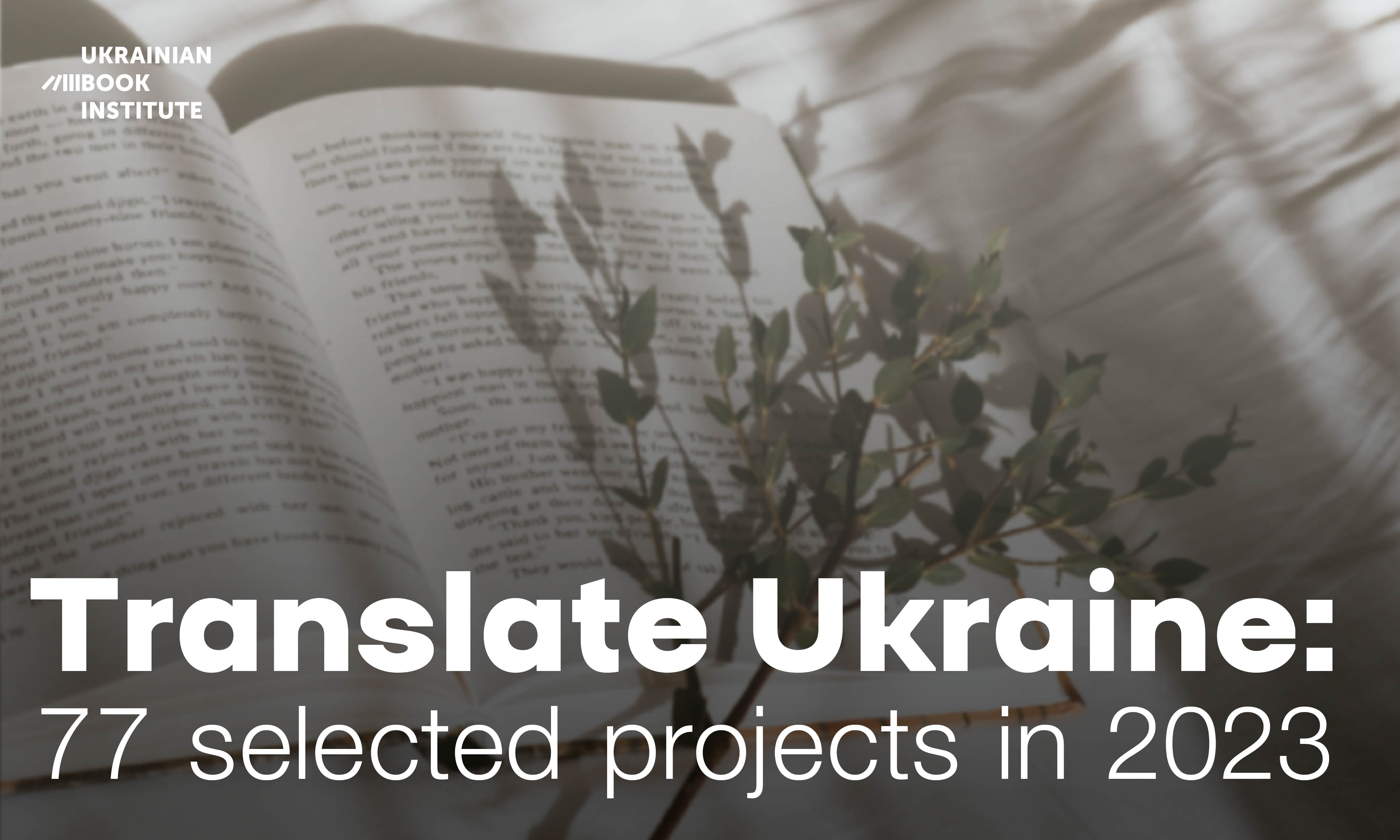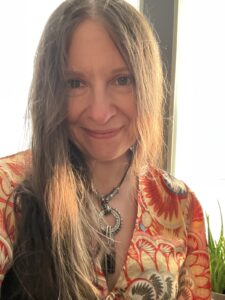We reached our first Kickstarter goal of $5000 in less than 24 hours! That’s amazing!
Thank you thank you thank you!
Thank you to everyone who has supported us so far! Щиро дякуємо!
Someone asked me a question about the stretch goals, so I wanted to take a moment to explain.
The way Kickstarter is set up, if a project does not reach its funding goal, none of the rewards are processed and the money is not charged. So instead it encourages creators to establish a series of goals, starting small and building step by step toward the most ambitious version of the final product.
In planning the Embroidered Worlds Kickstarter campaign, we were able to set different goals along the way. We would love to achieve all of them, but we started modestly. That way, no matter what, once we were funded we would be able to publish the book of stories by Ukrainian writers published in English for the first time! We have now achieved this!

This means we can turn our attention to the next goals, and share the project with more people. Hopefully we can broaden our audience of readers!
- With our base funding of $5000, we will be able to produce and print the book, with, at a minimum, the stories funded by the grant, as well as translations into English for a story written in Ukrainian by Tatiana Adamenko and stories written in Hungarian by Károj D. Balla and Éva Berniczky.
- At $7000 we can commit to adding a selection of diaspora stories including ones by R.B. Lemberg, Valya Dudycz Lupescu, and Natalka Roshak, and also pay all three editors for their work.
- At $10,000 we will produce a completed collection, including stories by Elizabeth Bear, Anatoly Belilovsky, David Demchuk, Halyna Lipatova, Askold Melnyczuk, and Mikhailo Nazarenko, Stefan O. Rak, and A.D. Sui.
- At $20,000 we will hire a Ukrainian artist to design custom bookplates for this campaign only that will show that your copy is an original Founder edition. These bookplates will be sent with all print copies (for some international shipments, in separate packaging).
- At $25,000 we’ll provide all backers a swag pack of cool, exclusive digital rewards from Atthis Arts.
- At $30,000 we will hire three Ukrainian artists for interior illustrations, and include those in the book, all editions.
- At $50,000 we will make available a limited-edition, numbered hardcover, with art prints of the cover and illustrations that can be framed.
Each level allow us to enhance the reading experience for our backers. (How amazing would it be to be able to make a limited-edition, numbered hardcover edition! Art prints!)
Achieving these stretch goals also means that more books are being ordered and shared! In turn, that makes it possible for our publisher to continue producing more wonderful projects in the future. I’ll keep posting updates and information here, and if you’re a backer, you’ll be receiving updates from me and others on the Kickstarter page as we go through this campaign.
Thank you again for your support, generosity, and enthusiasm!
Neil Gaiman delivered a commencement speech that was published in a book, “Make Good Art.” I’ve quoted from it before, because Neil is wise and there are a lot of good gems in there. I’d like to leave you with this:
And remember that whatever discipline you are in, whether you are a musician or a photographer, a fine artist or a cartoonist, a writer, a dancer, a designer, whatever you do you have one thing that’s unique. You have the ability to make art.
And for me, and for so many of the people I have known, that’s been a lifesaver. The ultimate lifesaver. It gets you through good times and it gets you through the other ones.
Life is sometimes hard. Things go wrong, in life and in love and in business and in friendship and in health and in all the other ways that life can go wrong. And when things get tough, this is what you should do.
Make good art.
Thank you again. We are able to make good art because of your support. Thank you.
Let’s keep making good art. Together!



 When the Soviet Union collapsed in 1991, Ukraine declared its independence, and there was so much celebration and hope. My grandparents, Baba and Dido, had feared they would not live to see an independent Ukraine
When the Soviet Union collapsed in 1991, Ukraine declared its independence, and there was so much celebration and hope. My grandparents, Baba and Dido, had feared they would not live to see an independent Ukraine 